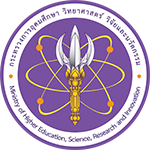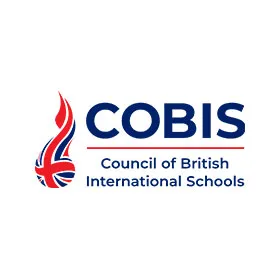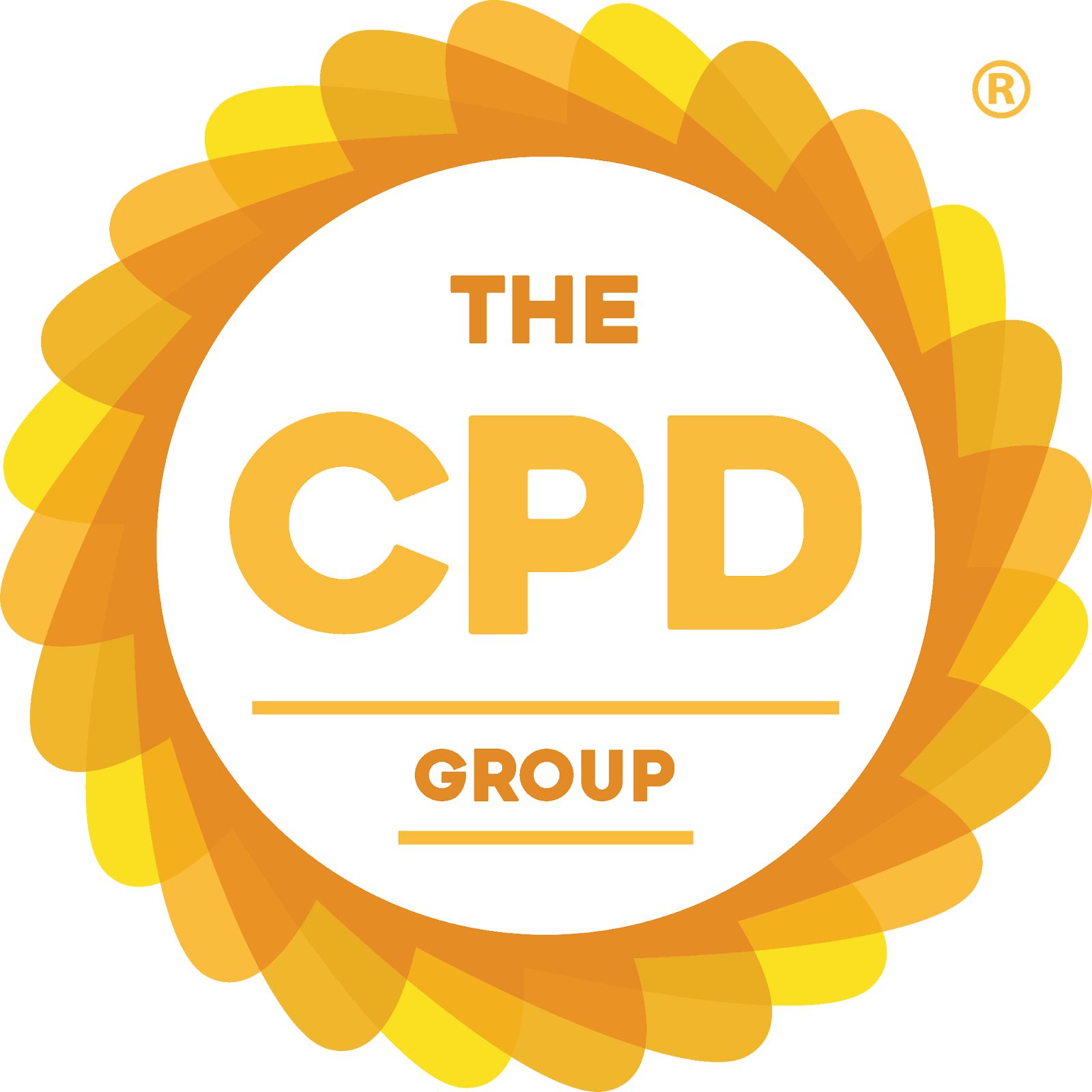How do we prepare learners for the world of future work and learning, at a time when both spheres are experiencing unprecedented levels of uncertainty and change? At times when established patterns are questioned and traditional models break down, it is good to drill down and find some foundations.
How do we prepare learners for the world of future work and learning, at a time when both spheres are experiencing unprecedented levels of uncertainty and change? At times when established patterns are questioned and traditional models break down, it is good to drill down and find some foundations.
One foundation is this: whatever else we do to prepare young people for the challenges of future work and learning, equipping them to be resilient, self-directed, confident individuals who are able to adapt to changing situations and find routes ahead amidst uncertainty is going to be of vital importance.
This type of learning happens when we stop seeing the learning process as a transmission of ready-made knowledge, but instead start seeing it as a journey of creation and discovery, in which we mentor and coach young people as they explore how best to respond to problems and challenges.
This is why project and problem-based learning has so much to offer at a time when conventional routes of teaching and assessment have been called into question. It also allows for increased student autonomy in choosing the project focus and direction.
The good news for those of us who have always believed the best way to equip young people to become independent, confident and skilled learners is to allow them to pursue a variety of projects, is that now, thanks to the growth of learning tools in the digital domain, we can utilise the power of project-based learning, even when opportunities for face-to-face interaction are curtailed.
Skills at the heart of project learning
At the heart of project learning is the idea of a project as a process. Projects begin with questions or challenges, they grow through research and creative development of ideas on the part of the learner, and they culminate in reflection, often with presentation of the outcome of the project process to an audience. This allows time for students to ‘dig deeper’ on the question and enable them to reflect, and reflection in turn ensures they are developing their skill set.
The great thing about teaching young people these skills is that they are highly transferable and highly prized by employers the world over. Young people who can ask questions, learn by finding out rather than waiting to be told, and have the confidence to put forward and evaluate their own answers and ideas, are exactly the type of people that will thrive in a world of work that is fast-moving and fast-changing. A teacher typically takes on the role of a coach and works with the learner, guiding them on their journey of discovery.
Suppose, for example, that a student is set an assignment of making a business case for a sustainable cafe in a local town. This project assignment will involve questioning, shaping ideas, carrying out market research, developing and evaluating a range of proposals and presenting the outcomes to an audience. At every step on this journey, the learner can both deepen their knowledge and strengthen their skills, learning not just how to respond successively to this particular challenge, but how to work successfully as a market researcher who can pick up and run with any brief. The world of work often demonstrates the value placed on the skills that sit at the core of project work.
Project learning in a digital domain
The move to online learning offers new challenges, especially for learners working on practical projects. But with those challenges come opportunities, allowing learners to develop their digital skills and teachers to use educational technology to facilitate the learning process.
One student recently was determined to focus on engineering but was limited as to what he could do practically by finance and space. He finally settled on considering hyperloop technology and its current limitations. He interviewed an academic and leader in the field via Zoom and questioned a pilot via email. The student has grown in confidence through doing these things – and technology made that project possible.
Suppose that you were teaching the student who is carrying out the market research exercise described above. Using a virtual learning platform, you will be able to share in the project process at every step. Working on a shared document, you will be able to chip in with suggestions for new research sources, or questions designed to help the learner think more deeply, or consider a wider range of alternatives. A digital learning platform will enable you to highlight exemplars of good work, or point to templates that can be adapted for the purposes of this project. When it comes to the final stages of the project process, collecting and assessing work could not be simpler; the work will be right there at your fingertips. There’s even the scope for innovation with presentation exercises. If you can’t work with the learner face-to-face, why not set up a video call with screen-sharing as a mode of communication for the final presentation? And why not voice record your guidance for the class and drop it into the workstream as the project unfolds? Once you move your project learning assignments online, the possibilities grow and grow.
The future of online project-based learning
Project learning has always been a powerful tool for equipping learners with future skills. As we move to a future where online learning is going to be much more mainstream, this mode of engagement has a lot to offer schools and colleges looking to prepare learners for a future world that is fast arriving. We are preparing them for a world where the ability to question and examine an issue or situation is certain to be valued, especially when blended with technologies.
Project work is also an opportunity for students to look at something they enjoy. They set the topic- though it must be a topic that enables discussion, and places them firmly in the driving seat. Surely that can only lead to motivation and a love of learning.
Dr John Taylor

Dr John Taylor, BA, PGCE, DPhil, BPhil is Director of Learning, Teaching and Innovation at Cranleigh School, with responsibility for the development of independent learning. He is an experienced teacher, trainer and consultant with experience of working with international schools to develop project programmes. Dr Taylor works closely with staff, providing professional development opportunities and organising and leading CPD in areas connected to independent learning and he is one of the principal architects of the Extended Project Qualification and other project-based qualifications in the UK. In recent years his work has focused on the development of thinking within all areas of the curriculum, as well as the use of project work to facilitate deeper learning.
Nick Brown

Nick Brown is a teacher of Languages with a passion for project work. He has been a head of department in schools in a variety of different contexts and worked as an assistant headteacher with responsibility for Teaching and Learning. Nick spent a year secondment as a county advisor and his masters degree focused on preparing students for life beyond the classroom with independence in learning. He has taught maths and EPQ and is currently head of Languages and EPQ at a school in Lincoln.
.png?ext=.png)
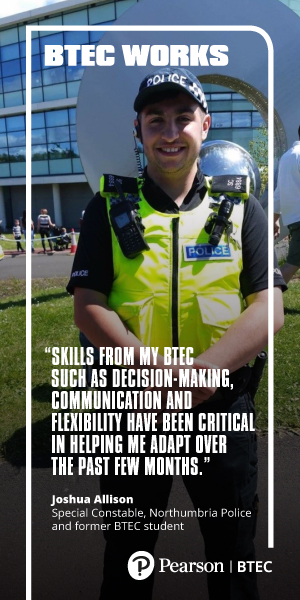

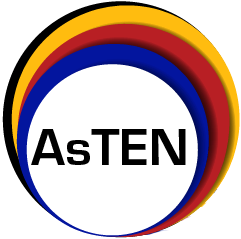
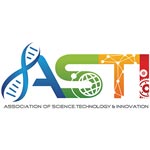

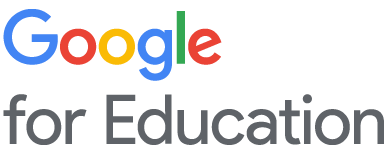


.png?ext=.png)
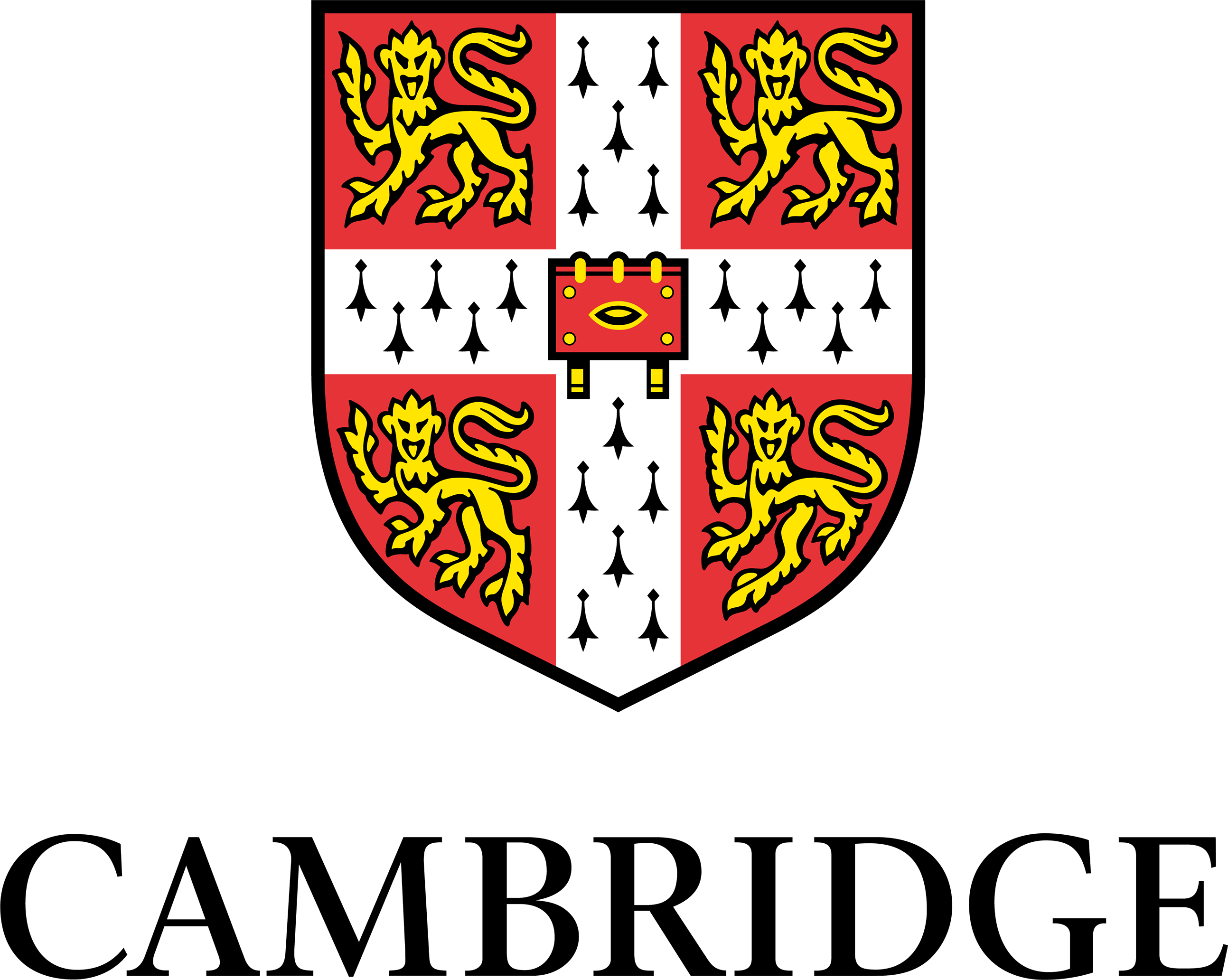
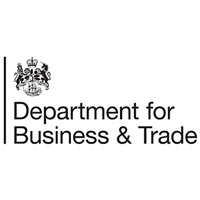
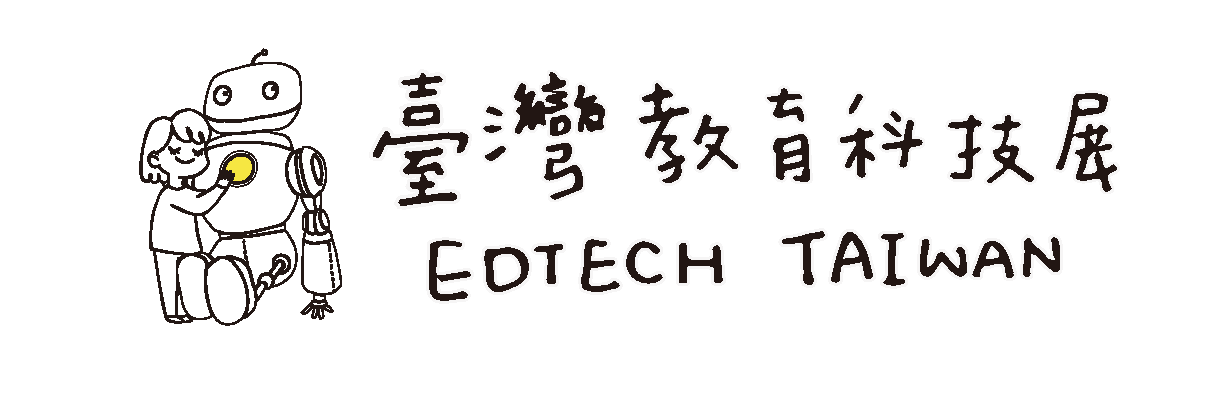

.png?ext=.png)
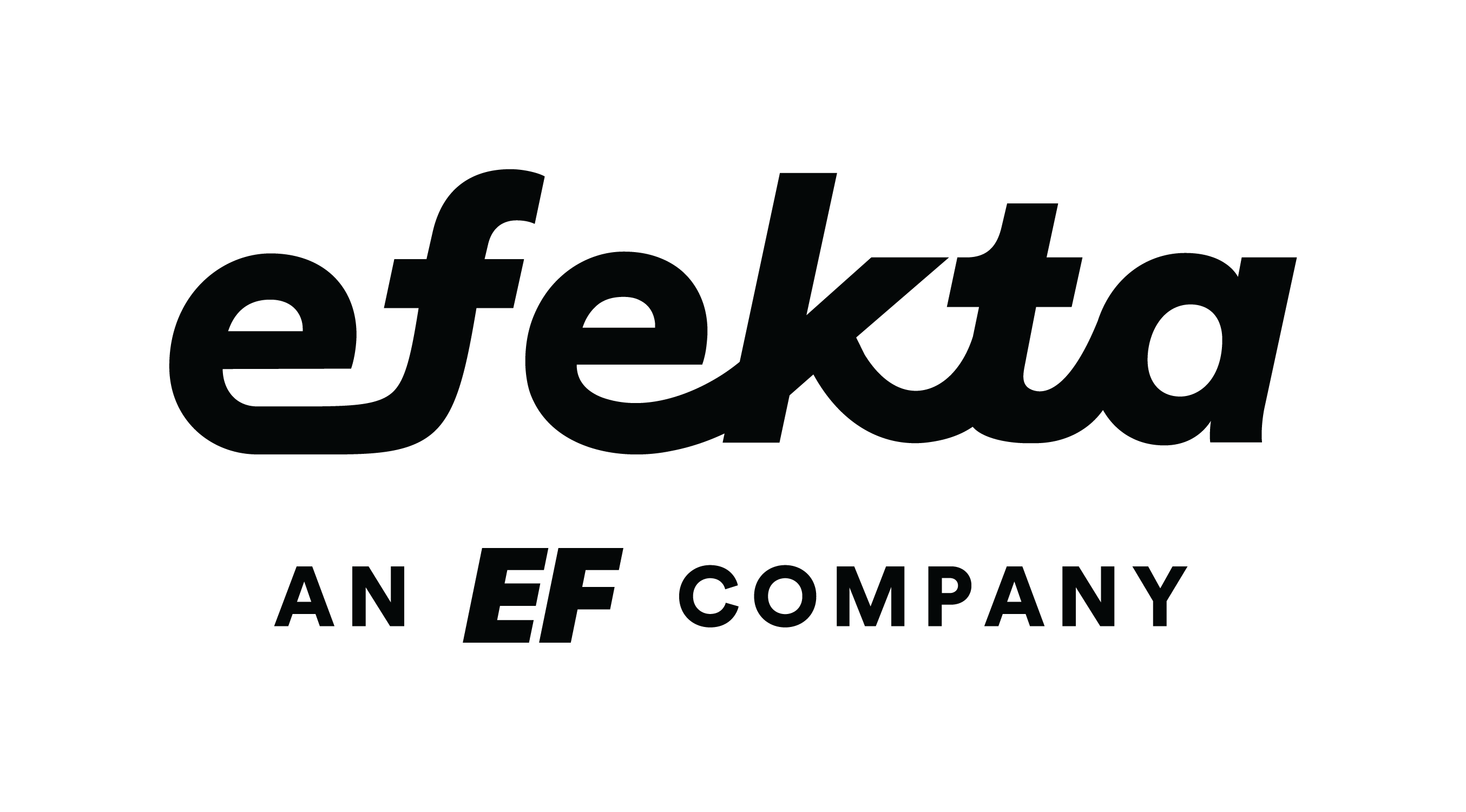
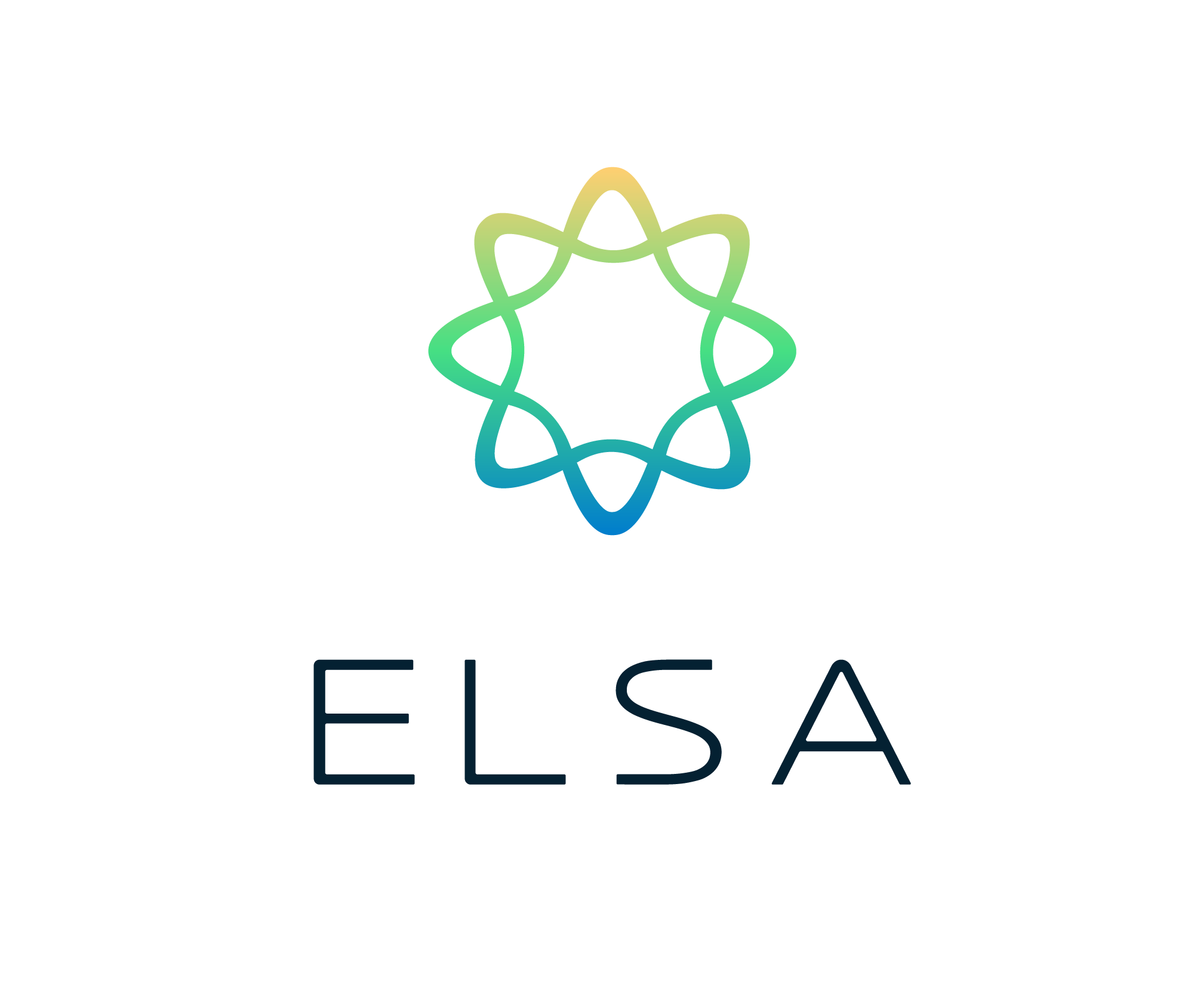
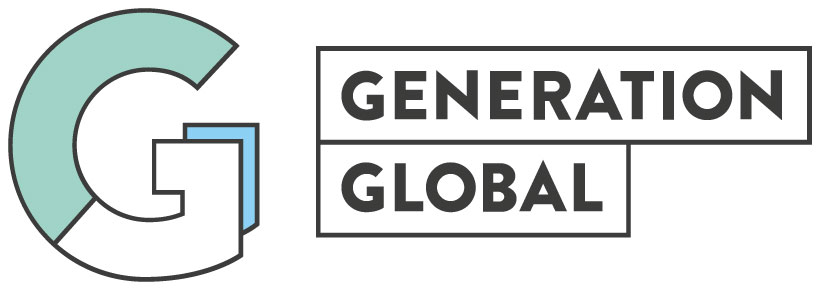
.png?ext=.png)
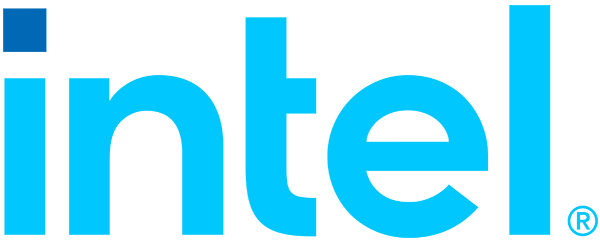






.png?ext=.png)

.png?ext=.png)

.png?ext=.png)

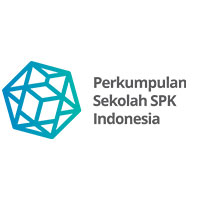

-4000px-(2).png?ext=.png)
